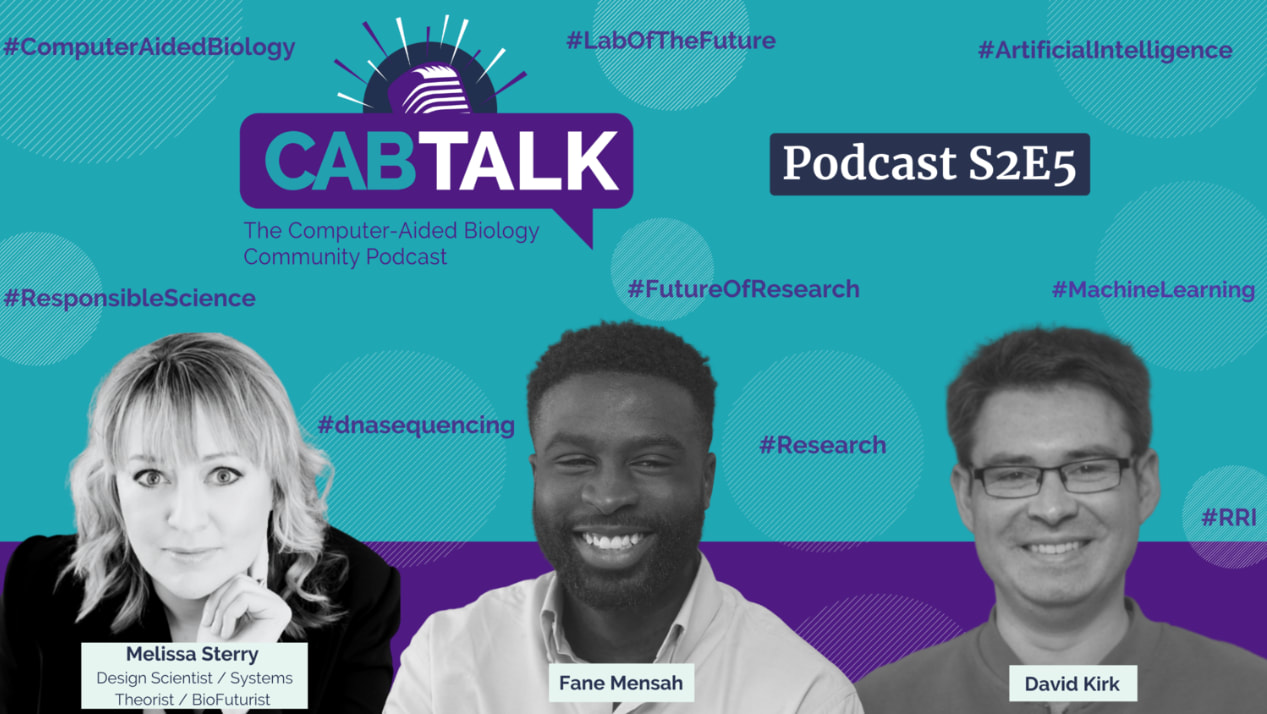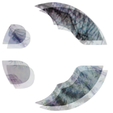|
Technological and wider advances in the sciences necessitate scientists in and beyond the life sciences develop new skills and knowledge in areas including statistics, programming, automation, experimental design, and much more. Added to this, shifts more generally are influencing how, where, and when research is conducted. So how might the lab of the future work, and how can both established and emerging researchers equip themselves for the new scientific frontier?
Back in March I joined Computer-Aided Biology's Dr. David Kirk and Dr. Fane Mensah in conversation for the CABTtalk podcast series. We cover issues as diverse as science ethics, communications, commercial applications, how external sectors and disciplines are and may impact on the sciences, to name a few. Hear our conversation here and find out more about Computer-Aided Biology here.
0 Comments
Your comment will be posted after it is approved.
Leave a Reply. |
AuthorMelissa Sterry, PhD, chartered design scientist, systems theorist, biofuturist, and serial founder inc. Bionic City® Bionic CityAsking the question "how would nature design a city" since 2010.
Archives
October 2023
Categories#bionics
#biotech #biodesign #bioscience #biomimetics #biotechnology #bioengineering #bioinnovation #bioaesthetics #biorevolution #bioenterprise #biosystems #biocreative #biofuturism #biofutures #biocentric #biofacture #biotecture #biovation #biofiction #biourban #biocities #biolab #bioart #STEM
#STEAM #STEAMED #STEMcomms #STEAMcomms #STEAMEDcomms © Bioratorium Limited & Melissa Sterry
2021 All Rights Reserved |

 RSS Feed
RSS Feed

